Gks Tulsi Powder 200 Gm
In Stock
Payment. Payment upon receipt of goods, Payment by card in the department, Google Pay, Online card, -5% discount in case of payment
Warranty. The Consumer Protection Act does not provide for the return of this product of proper quality.
Description
Holy Basil Benefits
1) Lowers Stress and Anxiety
Tulsi is a calming herb that produces relaxation effects. However, on its own tulsi does not induce drowsiness or sleep.
Tulsi prevented stress-induced changes in blood levels of corticosterone (in rats; comparable to cortisol levels in humans)
Tulsi constituents ocimarin and the ocimumosides A and B show antistress activity including normalizing blood sugar levels and cortisol levels at a dosage 40 mg/kg (in rats)
In a randomized, double-blind, placebo-controlled study of 158 patients ages 18 – 65, OciBest, the whole plant extract of Tulsi, was found to be 1.6 times or 39 percent more effective in the management of stress symptoms than the placebo over a six-week time period
In a study of 35 subjects with Generalized Anxiety Disorder, taking tulsi (500 mg) with two meals daily reduced anxiety and feelings of depression over a two-month period
An alcohol extract of Tulsi root (400 mg/kg) is a CNS stimulant or an anti-stress agent in mice. It was as effective as the antidepressant desipramine, commonly sold as Norpramin
2) Anti-Inflammatory Effects
Tulsi essential oil had strong anti-inflammatory effects in an animal model of granulomatous disease
COX-2 is a molecule commonly targeted by anti-inflammatory medications. Tulsi is a natural COX-2 inhibitor
A study on tulsi extract showed significant anti-inflammatory activity in human cells, validating its traditional use in treating cardiovascular disease
A purified extract of the fresh leaves and stems of tulsi yielded appreciable amounts of eugenol, as well as the following compounds: cirsilineol, cirsimaritin, isothymusin, isothymonin, apigenin, and rosmarinic acid
The anti-inflammatory activity of these compounds was comparable to ibuprofen, naproxen, and aspirin at 10-, 10-, and 1000-microM concentrations, respectively
Improves Cognitive Function
In rats, tulsi promotes memory and attention by inhibiting acetylcholinesterase, thus increasing acetylcholine levels
Tulsi inhibits MMP9 in a cell study, suggesting that it may help to restore the Blood-Brain Barrier (BBB) integrity
A water extract of dried tulsi protected against drug- and aging-induced memory problems in mice, indicating that tulsi may be beneficial in the treatment of cognitive disorders such as Alzheimer’s disease and dementia
Tulsi extract may prevent convulsions via its effects on the Central Nervous System (CNS) according to animal studies
4) Helps Protect the Heart
An alcohol extract of tulsi leaves reduced heart tissue inflammation in a mouse model of a heart attack (myocardial infarction), possibly due to its high phenol content
Tulsi extract may prevent cardiovascular disease by inhibiting myeloperoxidase (MPO), an oxidative enzyme that may cause plaque accumulation in the arteries (known as atherosclerosis)
A study on tulsi extract showed significant anti-inflammatory activity in human cells, validating its traditional use in treating cardiovascular disease
Tulsi leaf essential oil was shown to lower cholesterol and protect the heart via its antioxidant effects (in rat studies)
In a study of rabbits, tulsi leaf significantly decreased blood levels of cholesterol, triacylglycerol (formerly called triglycerides), and LDL cholesterol with a significant increase in HDL cholesterol
5) Addresses High Blood Pressure
Because tulsi is rich in potassium (18,991 µg/g), according to a trace element study, it may be useful for balancing high blood pressure
The fatty oil from tulsi seeds has blood pressure-lowering (hypotensive) effects
The tulsi extract/fractions eugenol and tulsi oil inhibit ACE (an enzyme that increases blood pressure) in a concentration-dependent manner and therefore may help reduce blood pressure
6) Helps Diabetes and Blood Sugar Imbalance
In Type 2 diabetes patients (DB-RCT), tulsi lowered fasting blood sugar levels by 17.6% and post-meal blood sugar levels by 7.3% [
A water-based extract of tulsi decreased blood sugar levels in a study of diabetic rats
7) Protects the Liver
An alcohol extract of tulsi leaf at 200 mg/kg body weight per day was shown to protect the liver from toxin-induced damage (in rats)
The addition of milk thistle (50 mg/kg) to Tulsi (100 mg/kg) was shown to have a synergistic effect in liver protection
8) Protects Against and Heals Stomach Ulcers
Tulsi decreases problematic acid-pepsin secretion, and breakdown of cells that line the stomach. In addition, tulsi increases the protective mucus in the stomach

Gks Tulsi Powder 200 Gm
Original price was: ₹105.00.₹90.00Current price is: ₹90.00.In Stock

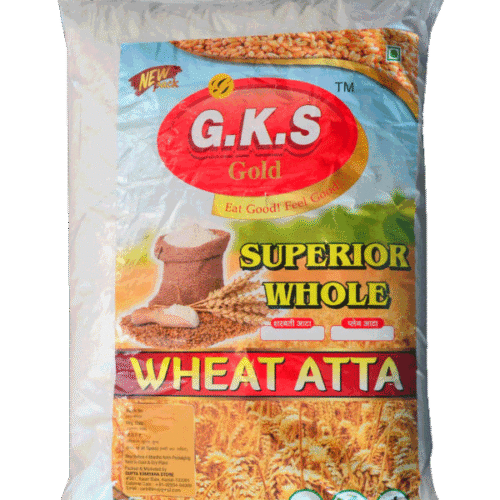
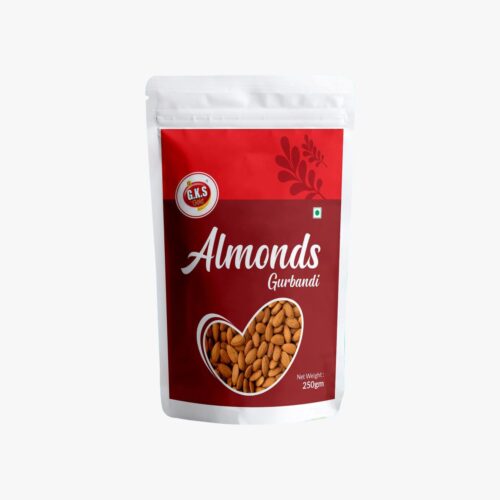
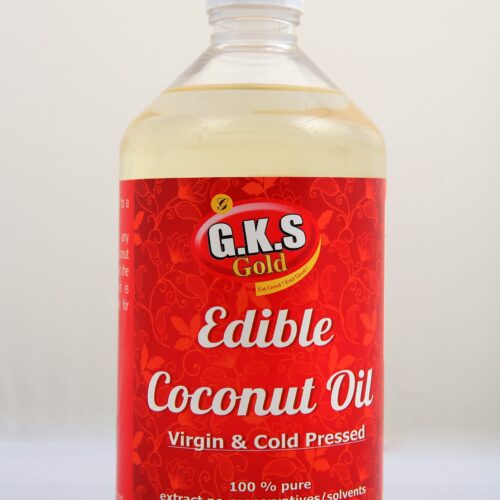
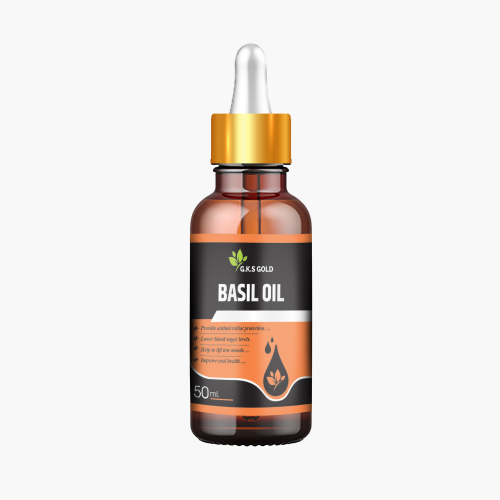
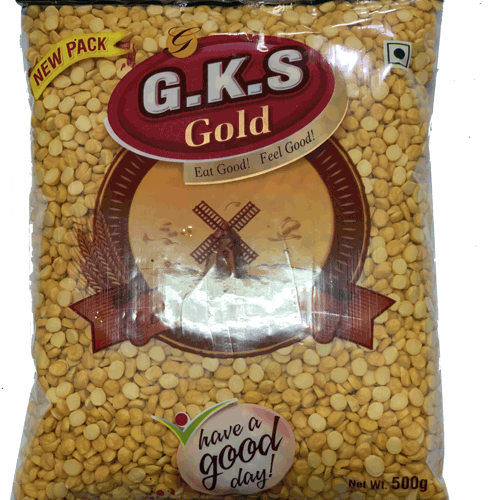
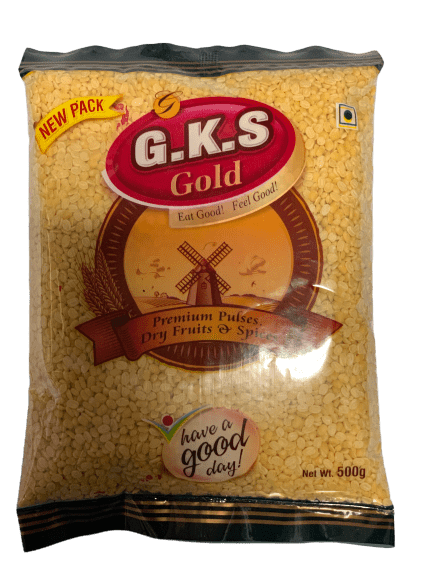
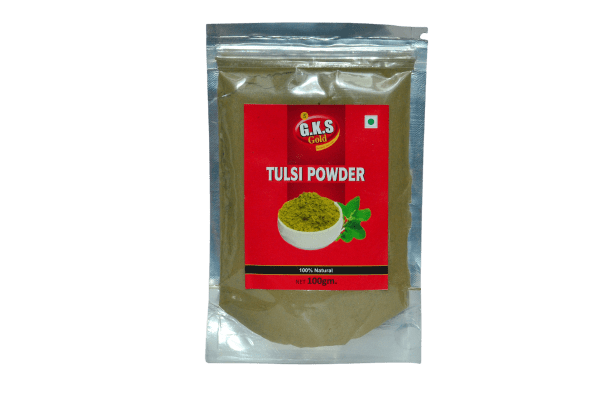
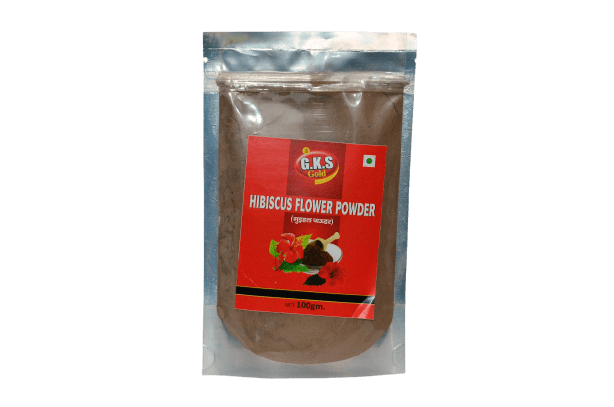

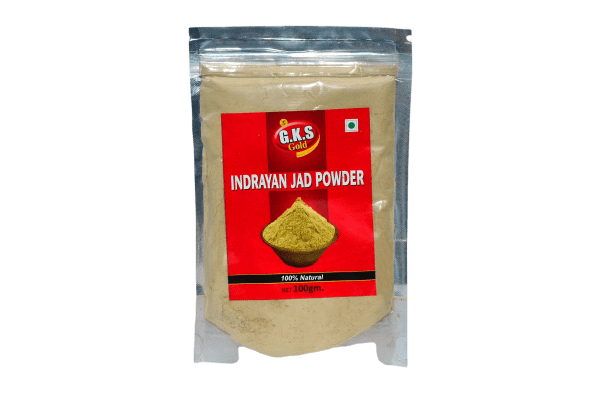


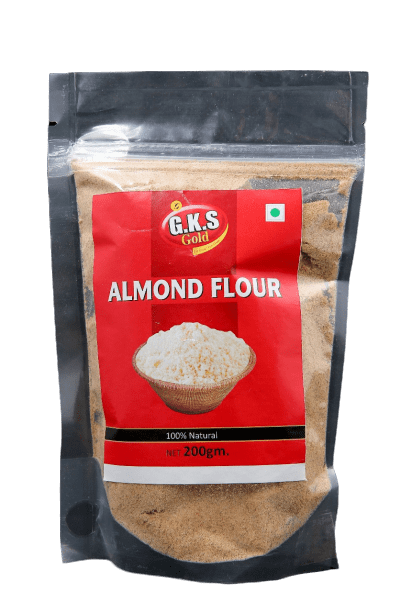
Reviews
There are no reviews yet.